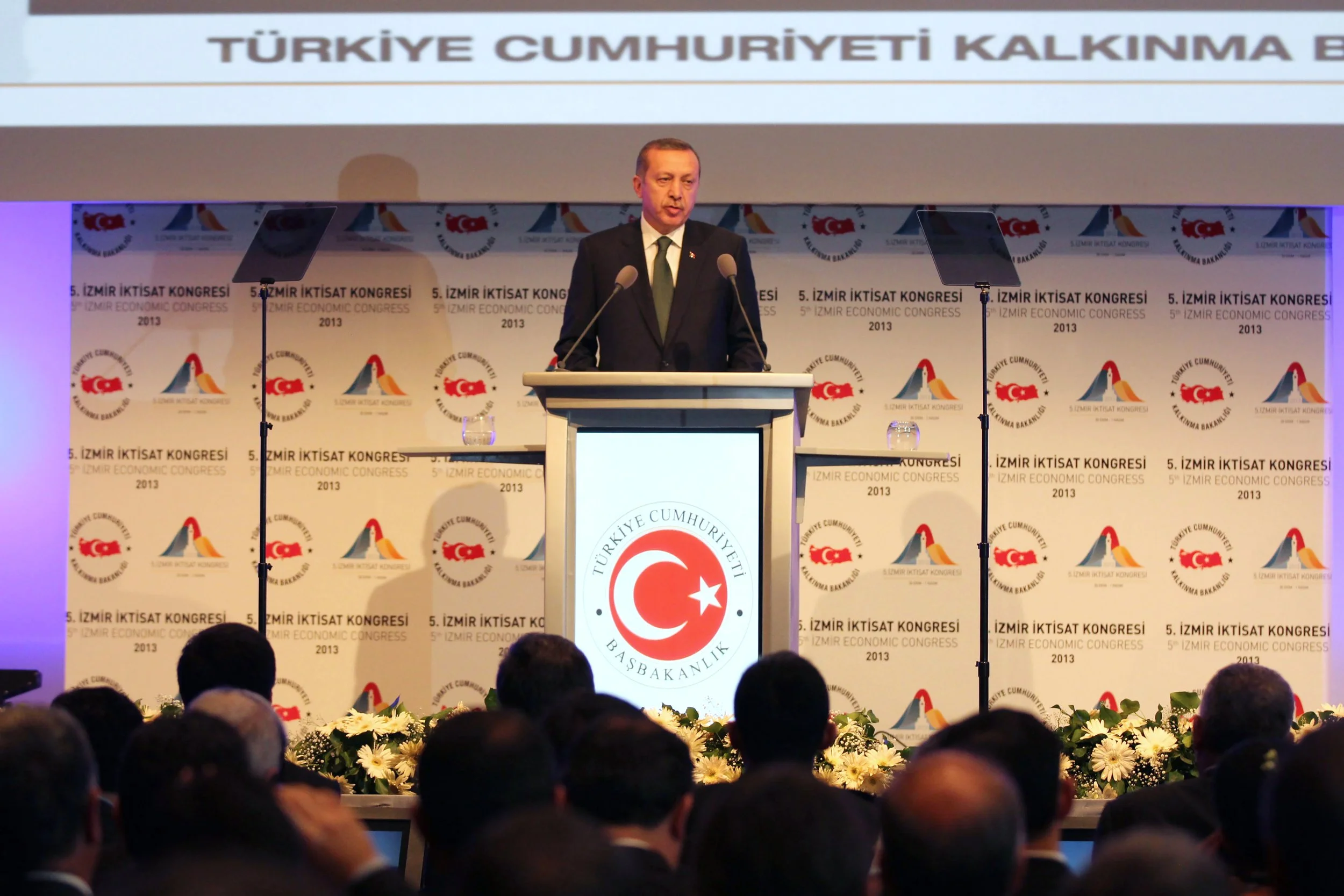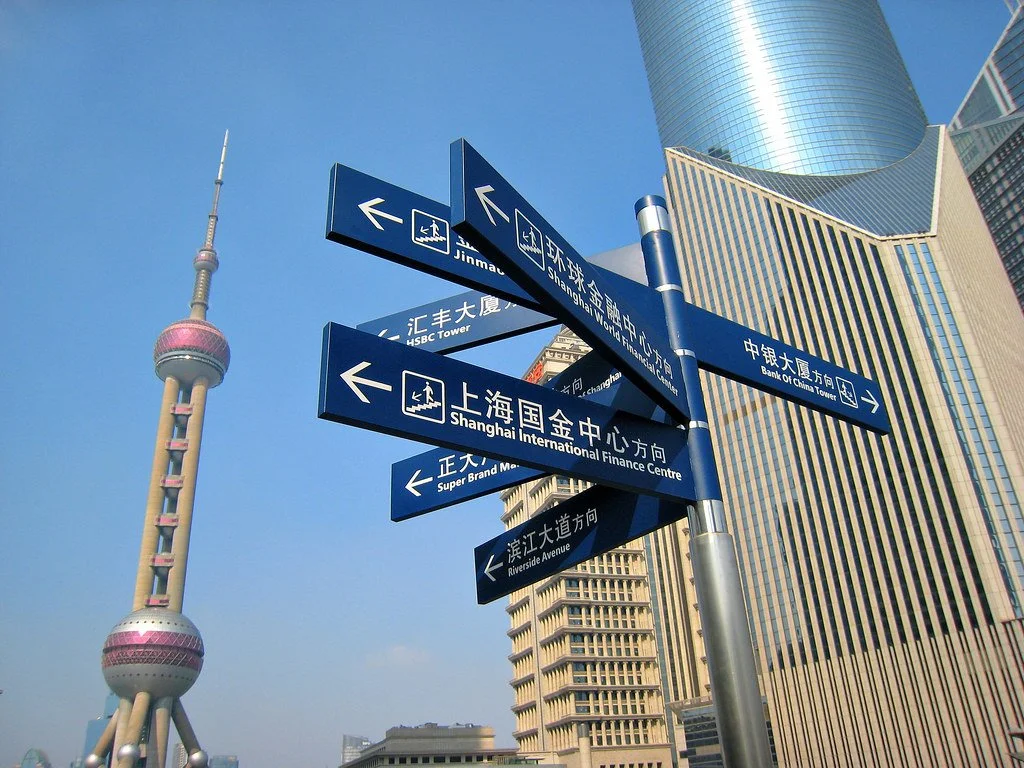In just the last two decades, how did Turkey reverse so many democratic gains, engage in dozens of military interventions, and witness one party under one leader turn the one-hundred-year old nation into a one-man regime? Rimon Tanvir Hossain reviews Dimitar Bechev’s Turkey Under Erdoğan.
Read MoreWhat does the decoupling of the Chinese and U.S. economies really mean? Brian Wong reviews James Fok’s Financial Cold War.
Read MoreScholars are still building a picture of life under the “caliphate“. Mathilde Becker Aarseth’s Mosul under ISIS adds to our understanding, writes Anjana Nair.
Read MoreAnnie Crabill reviews Stephen Macekura’s 2020 book The Mismeasure of Progress, a critical history of the growth paradigm in economics.
Read MoreBrianda Romero Castelán reviews Joanne Meyerowitz’s A War on Global Poverty, a timely addition to the literature on gender and development.
Read MoreBy Annie Crabill
Book Review of China’s Foreign Policy Since 1978: Return to Power, by Nicholas Khoo (2020, Edward Elgar)
Read MoreBy Rana Mitter
As China emerges out of its transitional decades, where does the country stand now? Historian Rana Mitter reviews Frank Langfitt’s The Shanghai Free Taxi and Jonathan Chatwin’s Long Peace Street, two books giving colorful accounts of China’s shifting images of everyday life, view toward history, and relationship with the world.
Read MoreBy Ellen Chapin
As Syria burns, China rises, and North Korea threatens with its nuclear arsenal, U.S. national security experts have been forced to lurch from crisis to crisis, without any time to step back and look at America’s role in the global world order. In his new book, Preventative Engagement, Council on Foreign Relations fellow Paul Stares identifies that the U.S. government’s lack of long-term strategy has become a crisis of its own.
Read MoreBy Luke Johnson
In their new book, Steven Levitsky and Daniel Ziblatt, professors of government at Harvard University, draw a distinction between two ways in which democracy can die. Read ahead for a book review written by Jackson M.A. student Luke Johnson.
Read MoreBy Julia Snitsky
Serhii Plokhy, an eminent historian of Early and Modern Ukraine, starts Lost Kingdom with an anecdote about the opening of one of Moscow’s largest statues, that of Vladimir the Great, unveiled in November 2016 by Russian President Vladimir Putin.
Read MoreBy Luke Johnson
It is perhaps not as commonly known as it should be that the movement for international justice emerged during World War II for crimes committed by the Axis Powers.
Read MoreBy Julia Sinitsky
David Satter, a journalist who has covered Russia for more than 30 years, opens his new book The Less You Know, the Better You Sleep, with an anecdote.
Read MoreBy Ellen Chapin
In examining the rise of the Weimar Republic, a central question guides many historians: how did it all happen?
Read MoreBy Faizah Zakaria
After the advent of Sukarno’s “Guided Democracy” in Indonesia more than fifty years ago, renowned scholar of Indonesian politics Herbert Feith asked why democracy in Indonesia failed.
Read More













